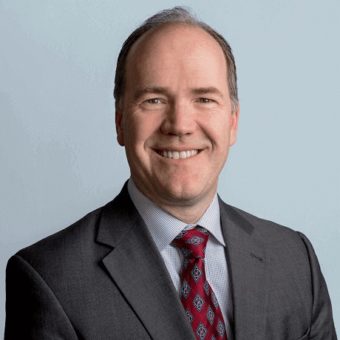Dr. Carter is active in national and international neurosurgery organizations including serving as a Section Editor of Neurosurgery and the editorial board of the Asian Journal of Neurosurgery as well as program committee of the International Stroke Conference of the American Stroke Association.
Dr. Carter specializes in the treatment of brain tumors and complex intracranial surgery including cerebral bypass and aneursym surgery. Dr. Carter co-leads, with Dr. Santosh Kesari (Neuro-oncology) and Dr. Scott Vandenberg (Neuropathology), the clinical brain tumor program at UCSD. The Brain Tumor program brings together the efforts of over 50 faculty and staff who are focused on brain tumor clinical care, research, and education.
Dr. Carter’s research involves outcomes improvement for intracranial surgery; the development of serum RNA based biomarkers for brain tumors and other neurological disorders and the development of gene transfer delivery techniques for the central nervous system.
Using funding provided by the Rappaport Family, Dr. Carter and his team have developed a new strategy for “starving” human brain tumors by decreasing their ability to grow new blood vessels. This was done by creating blocking proteins, which bind to the major molecule, VEGF, that is used by brain tumors to develop new blood vessel growth. With support from the Rappaport Foundation, three different adeno-associated viral vectors encoding these blocking proteins were produced. The team is now in a testing phase of pre-clinical mouse models. The group hopes to complete pre-clinical testing in 2004, and, if successful, apply to the FDA for approval for testing in human brain tumor patients.
